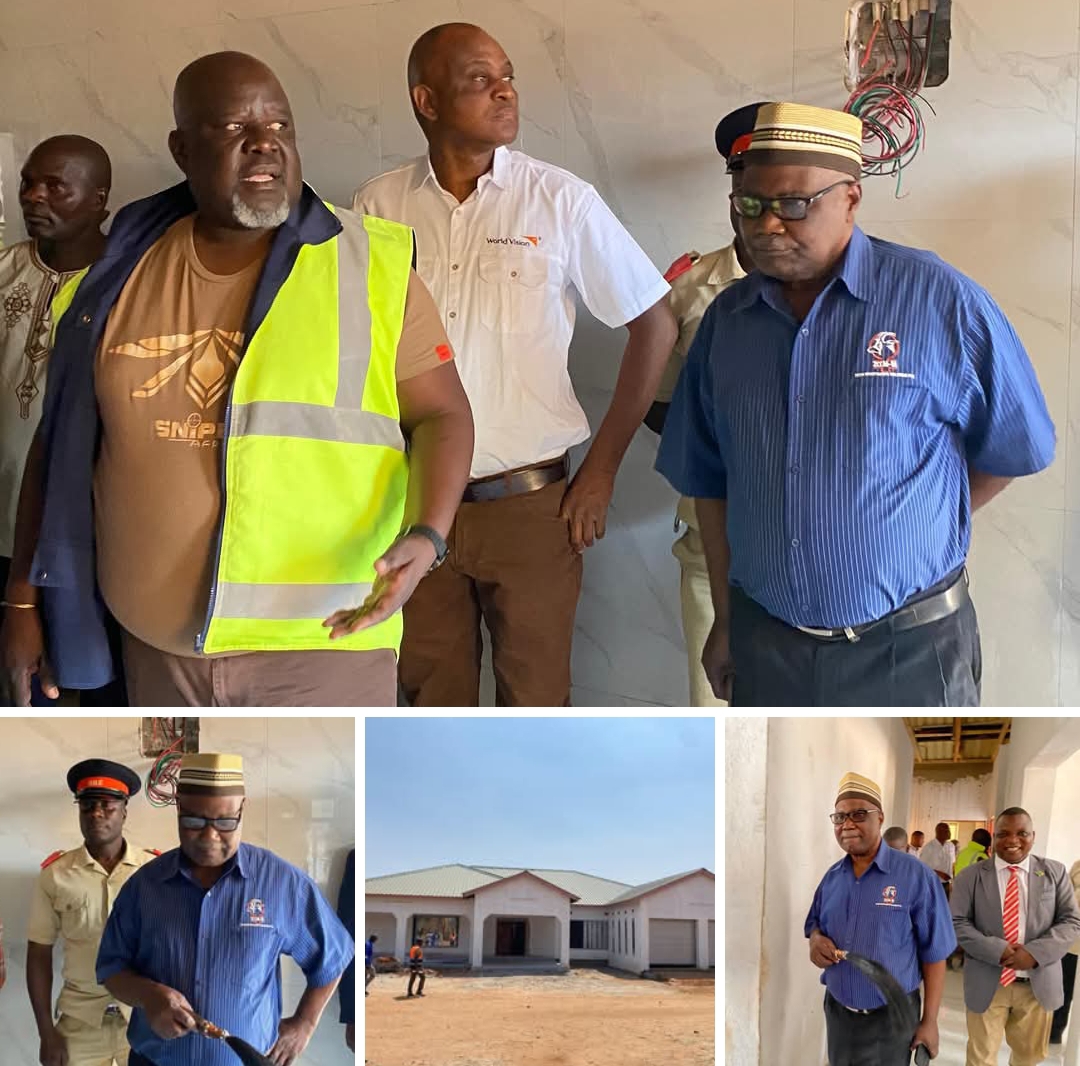FAMILIES of workers who die in the line of duty will no longer depend on goodwill for burial support, following government’s decision to make funeral expense reimbursement a legal entitlement.
https://www.facebook.com/share/p/15oWfaWN7f
This decision was formalised during the 15th cabinet meeting on Monday, presided over by President Hakainde Hichilema.
The cabinet meeting gave it’s official stamp of approval of the Workers’ Compensation (Funeral Expenses Reimbursement) Order of 2025, ensuring the right to reimbursement for funeral expenses in law and providing a much needed protection for the families of workers who make the ultimate sacrifice while carrying out their duties.
In the past, families of deceased workers were forced to rely on discretionary assistance from the Workers’ Compensation Fund, a process that frequently left them with little certainty and no guarantee that their pleas for financial support would be met.
This arbitrary system exposed bereaved families to emotional distress, leaving them grappling with the cost of burial and funeral arrangements during a time of deep grief and vulnerability.
Chief Government spokesperson Cornelius Mweetwa affirmed that the new regulation makes it mandatory for families of deceased workers to receive compensation for funeral expenses when death occurs during the course of duty.
“This decision provides families with financial relief, giving them an opportunity to bury their loved ones in a dignified manner,” Mweetwa said during a media briefing.
Mweetwa revealed that the fees charged for medical exams at the Occupational Health and Safety Institute were also adjusted through the Workers’ Compensation (Pneumoconiosis) (Charges and Fees) (Amendment) Regulations of 2025.
This amendment, which was a long-overdue revision of the fees last updated in 2021, would ensure that the institute was adequately compensated for its medical services, enabling them to maintain high standards of care and efficiency despite the increasing operational costs.
Mweetwa stated that the fee adjustments were necessary not only to keep pace with inflationary pressures, but also to support the growth and development of the country’s critical industries.
“As Zambia’s mining, construction, manufacturing, and agricultural sectors continue to expand, coupled with the emergence of new workplace hazards, the Occupational Health and Safety Institute must remain resilient, modern, and efficient in its efforts to prevent occupational diseases and injuries,” Mweetwa explained.
By Sharon Zulu
Kalemba August 14, 2025





